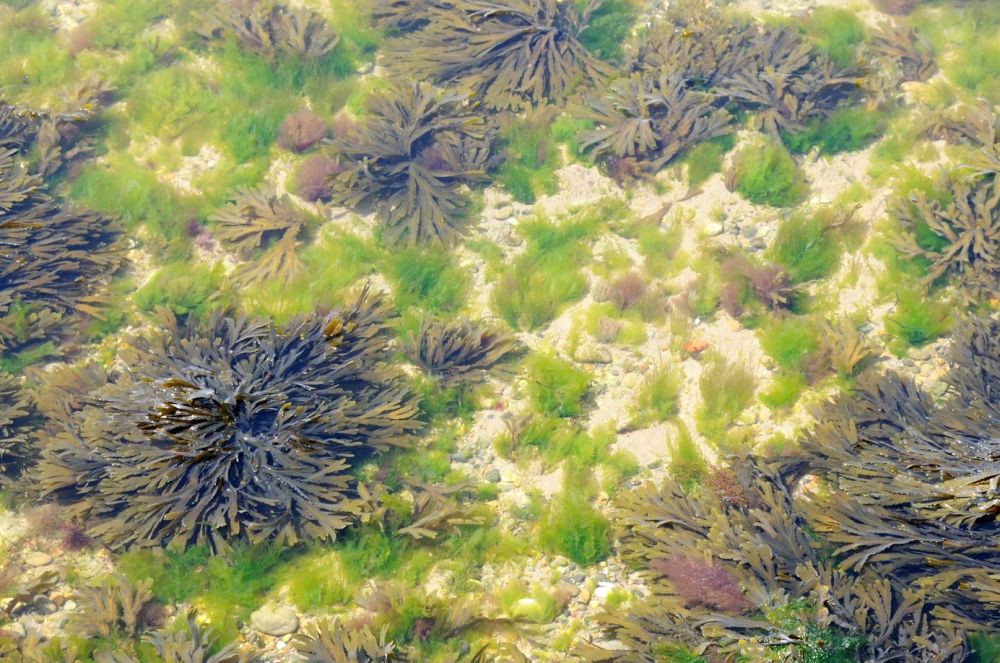The Crown Estate set to explore market requirements for CCUS projects in UK
The Crown Estate and Crown Estate Scotland have started the first round of formal engagement with developers on Carbon Capture Utilisation and Storage (CCUS).

The Crown Estate and Crown Estate Scotland have started the first round of formal engagement with developers on Carbon Capture Utilisation and Storage (CCUS).
The two organisations have issued a joint survey to industry stakeholders to explore and understand market requirements for future seabed and subsurface carbon store development.
This is an important milestone in the UK’s CCUS journey, with the results expected to shape future strategy for carbon store leasing.
The survey will seek input on two key topics:
- The number of stores, capacity levels, and annual injection rates that developers might seek to be in place by 2035 and by 2050;
- The opportunities and challenges to meeting these aims.
As the UK’s potential future carbon stores are located across the geographical remits of The Crown Estate and Crown Estate Scotland, this joint exercise is designed to help reduce the number of market engagement responses for developers and drive momentum toward setting leasing round requirements.
Feedback will be shared with the North Sea Transition Authority (NSTA), which is responsible for carbon capture licensing, and The Crown Estate and Crown Estate Scotland will publish an anonymised summary of the main findings.
Nicola Clay, Head of The Crown Estate New Ventures for Marine, said: “The UK is at a critical juncture for CCUS development, and we must continue momentum toward our goals for 2030. I am delighted that The Crown Estate and Crown Estate Scotland are undertaking this engagement and accelerating our work in this vital area."
“CCUS development is key to how we unlock the full potential of the UK seabed and its contribution to building a net zero future. We are committed to ensuring best practice by collaborating with the many users of the seabed, and to taking a co-ordinated approach to its management, in order to support a thriving marine environment. We are excited to use the data this engagement will provide to inform our progress in the coming months.”
Find out more here.



